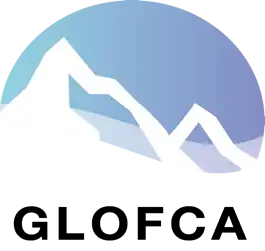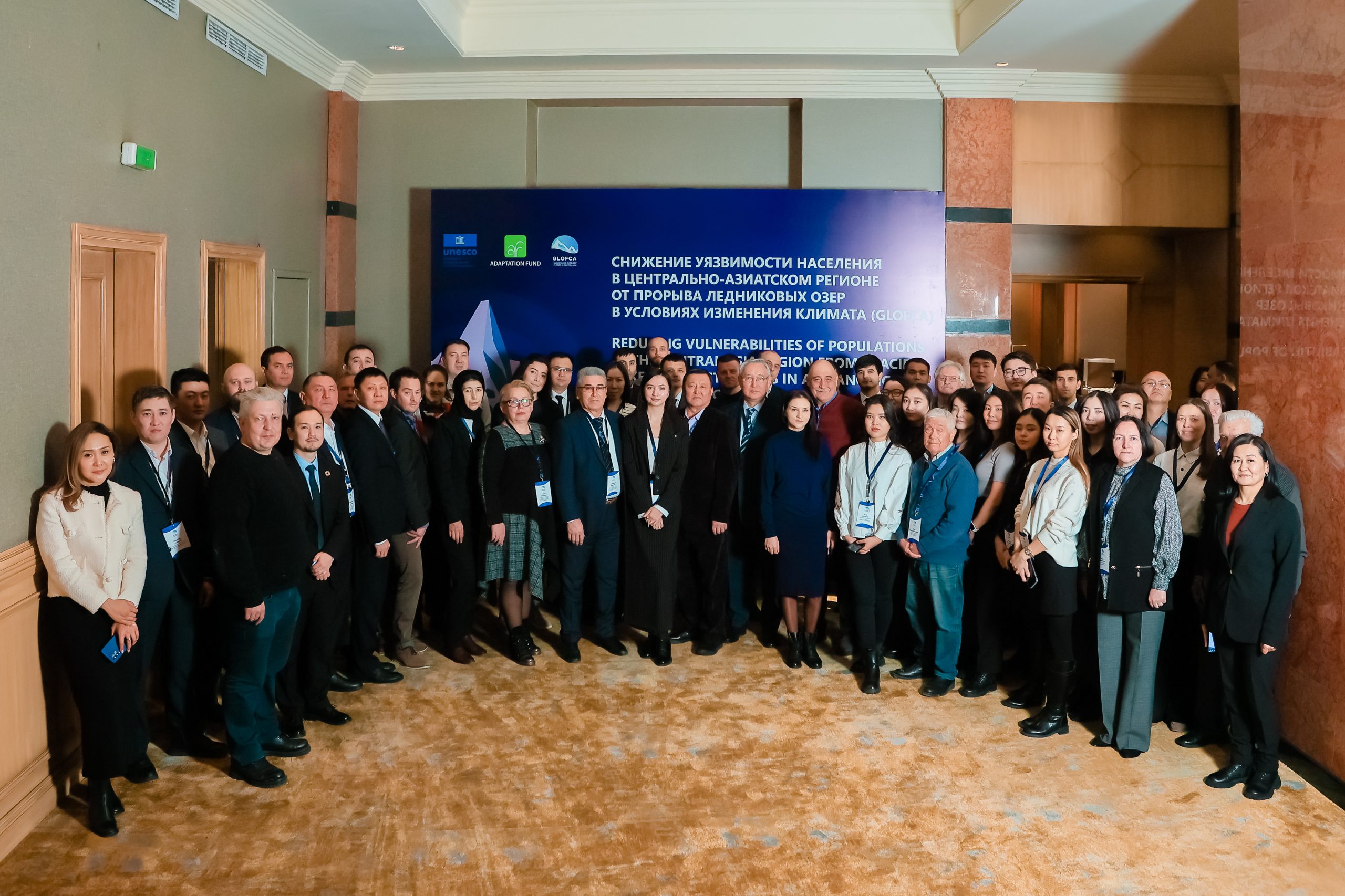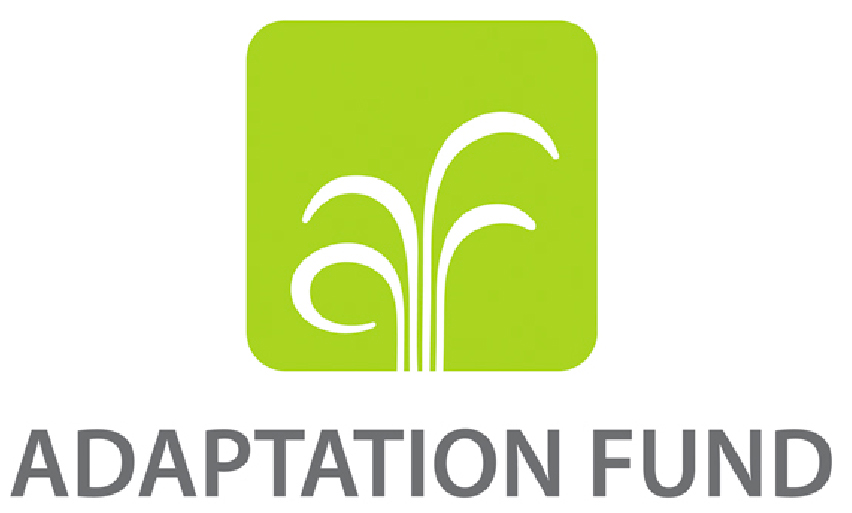Almaty, Kazakhstan – The third Regional Exchange Workshop of the GLOFCA (Glacier Lake Outburst Floods in a Changing Climate) project, organized by UNESCO Almaty, marked a significant milestone in Central Asia’s efforts to combat the threats posed by glacier lake outburst floods (GLOFs). Held on March 6-7, 2024, in Almaty, Kazakhstan, this event brought together policy makers, governmental representatives, and professionals dedicated to disaster risk reduction and climate change adaptation from Kazakhstan, the Kyrgyz Republic, Tajikistan, and Uzbekistan.
The workshop focused on the progress made towards the installation of Early Warning Systems (EWS) and featured discussions on the latest developments and outputs. The gathering served as a crucial platform for sharing experiences, enhancing regional cooperation, and discussing innovative solutions to mitigate the impact of GLOFs on vulnerable communities and infrastructure in Central Asia.

Day One: Comprehensive Updates and Knowledge Exchange
The first day of the workshop was characterized by plenary presentations and in-depth discussions on the status and objectives of the GLOFCA project. Simon Allen from the University of Zurich provided an overview, setting the stage for a day focused on national updates and collaborative strategies for disaster risk reduction.
In Kazakhstan, presentations highlighted engaging students in hazard assessment and modeling, adapting mudflow databases, and the development of EWS for mudflow-prone areas. The Kyrgyz Republic shared advances in geological studies, GLOF hazard modeling, and the determination of sensor positions for EWS.
Tajikistan’s contributions included insights from glacier expeditions and the concept of an EWS for their pilot area. Uzbekistan focused on current state assessments of glacial and dam lakes, landslide hazard assessments, and integrated hazard monitoring concepts.

Day Two: Planning and Collaboration
The second day was dedicated to national level discussions, planning, and the presentation of working plans for each country. This facilitated a focused dialogue on specific challenges and strategies for implementing EWS and other GLOF risk reduction measures. The session underscored the importance of regional cooperation and the exchange of knowledge and experiences among the participating countries.

Outcomes and Forward Steps
The workshop concluded with a collective acknowledgment of the progress made and the challenges ahead. Key outputs included the formulation of national work plans, commitments to enhance gender and youth engagement in GLOF risk reduction projects, and the identification of best practices and learning modules to support capacity building across the region.

Implications for Policy Makers and Disaster Risk Reduction Professionals
For policy makers and professionals, the workshop’s outcomes emphasize the need for continued investment in early warning systems, community-based and gender-sensitive approaches to disaster risk reduction, and the importance of regional collaboration. The discussions highlighted the critical role of scientific research, technological innovation, and knowledge sharing in enhancing the resilience of Central Asian communities to the impacts of climate change and GLOF events.

As the GLOFCA project moves forward, the commitment demonstrated by the participating countries at the workshop provides a hopeful outlook for the region’s ability to mitigate the risks associated with glacier lake outburst floods, ensuring the safety and well-being of vulnerable populations and protecting vital infrastructure.
The UNESCO Almaty Office, along with its partners and stakeholders, remains dedicated to supporting these efforts, reinforcing the importance of adaptive strategies and proactive measures in the face of a changing climate.



